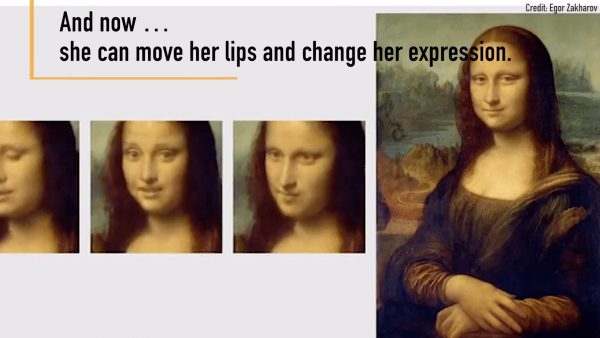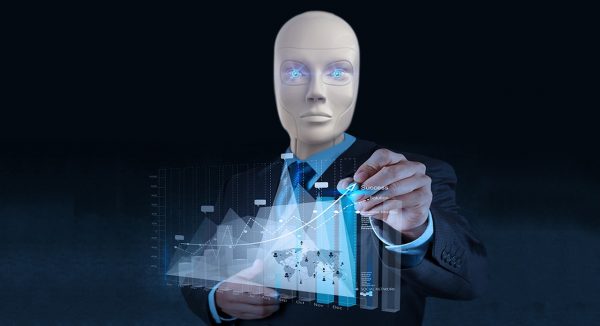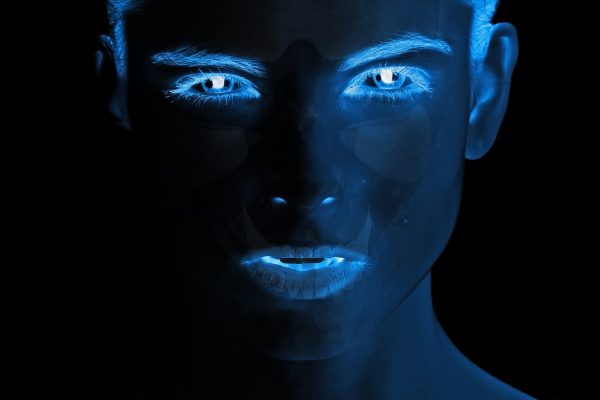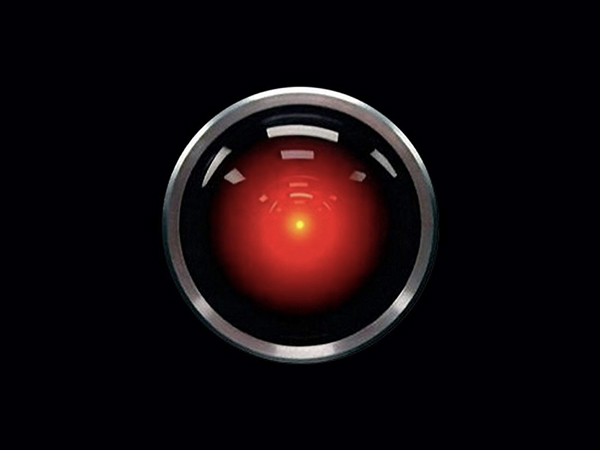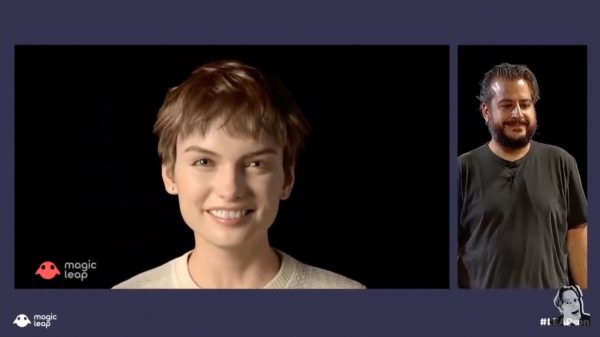ANNOUNCEMENT/GIVEAWAY: The Shoreless Sea, by J. Scott Coatsworth
QSFer J. Scott Coatsworth has a new queer sci fi book out, the final book in his Liminal Sky trilogy: “The Shoreless Sea.” And books one and two are on sale! As the epic trilogy hurtles toward its conclusion, the fight for the future isn’t over yet. It could lead to a new beginning, or it might spell the end for the last vestiges of humankind. The generation ship Forever has left Earth behind, but a piece of the old civilization lives on in the Inthworld—a virtual realm that retains memories of Earth’s technological wonders and vices. A being named … Read more




